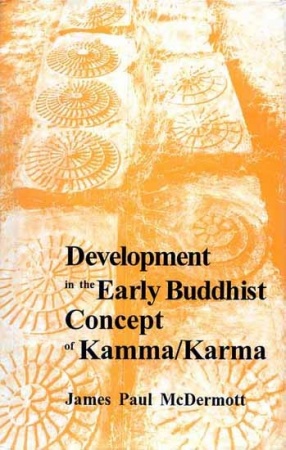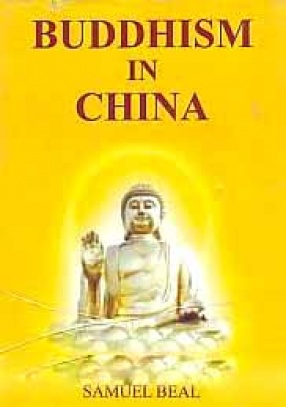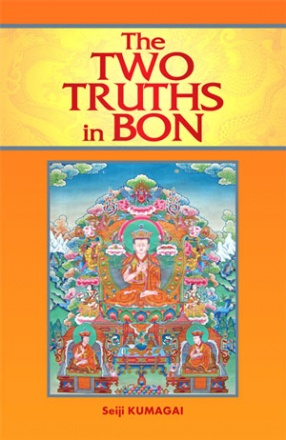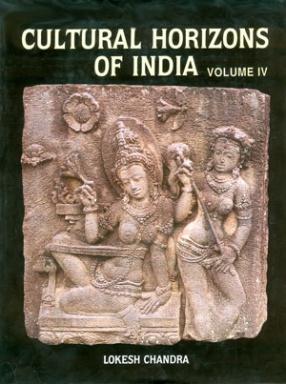One of the central concepts in Buddhism is the idea of kamma. Although the importance of karma in Buddhist thought is regularly recognized, the question remains whether the Buddhist understanding of the principle of karma has been inalterably fixed, or whether it has undergone a process of development and modification during the course of Buddhist history. If, indeed, the Buddhist understanding of karma has not been static, what kinds of development has it undergone? It is of these questions that this study addresses itself. The approach taken in this study has been text-critical and historical. The initial Buddhist formulation of the principle of kamma as it is depicted in the Vinaya and the Sutta Pitakas is analyzed as a base for the study. Modifications are noted as already present in the later strata of this literature. The problem is then examined in the Abhidhamma Pitaka, where certain abstract developments in the definition and categorization of kamma are discovered. In order to provide a greater chronological scope, the text then turns to an analysis of kamma in the Milindapanha. Finally, the Abhidharmakosa of Vasubandhu is considered. A new concern with the mechanism of karmic retribution becomes evident in the Abhidharmakosa. The modification which the concept of karma is found to have undergone roughly speaking are of two broad types. First, there were popular folk developments which were accepted only reluctantly, if at all, in more scholarly circles. Then there were the more scholastic developments in the direction of greater perceptions of definition and refinement of categories. In the same vein, a growing scholarly concern for specific implications of the more general principle of karma is also noted.
Buddhism in China
$24.30
$27.00





There are no reviews yet.